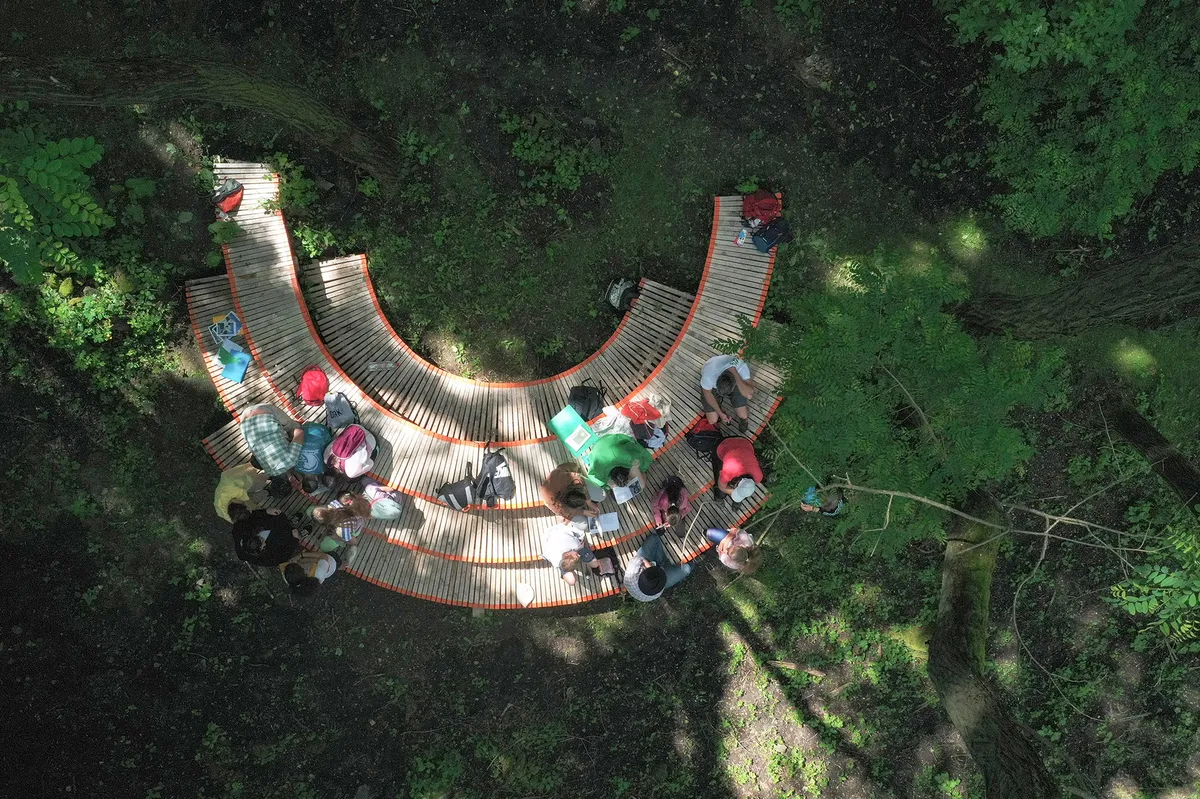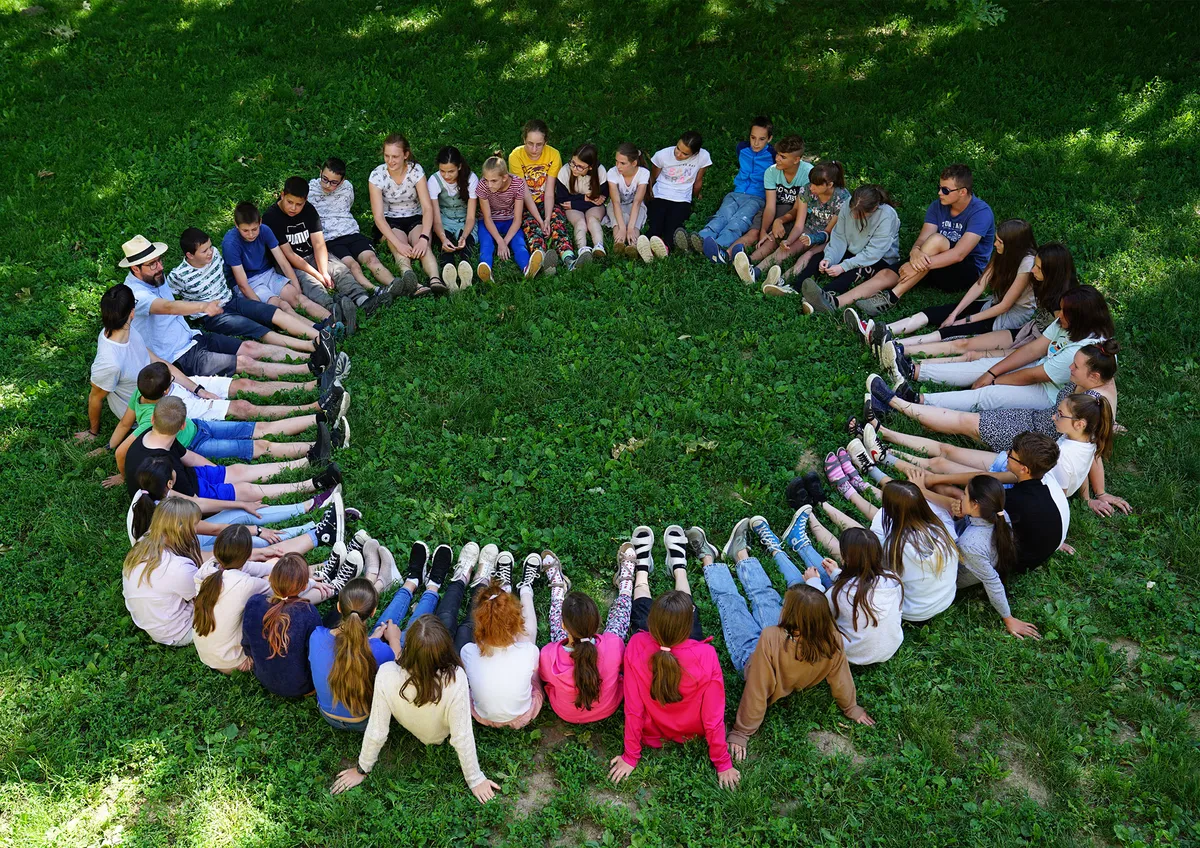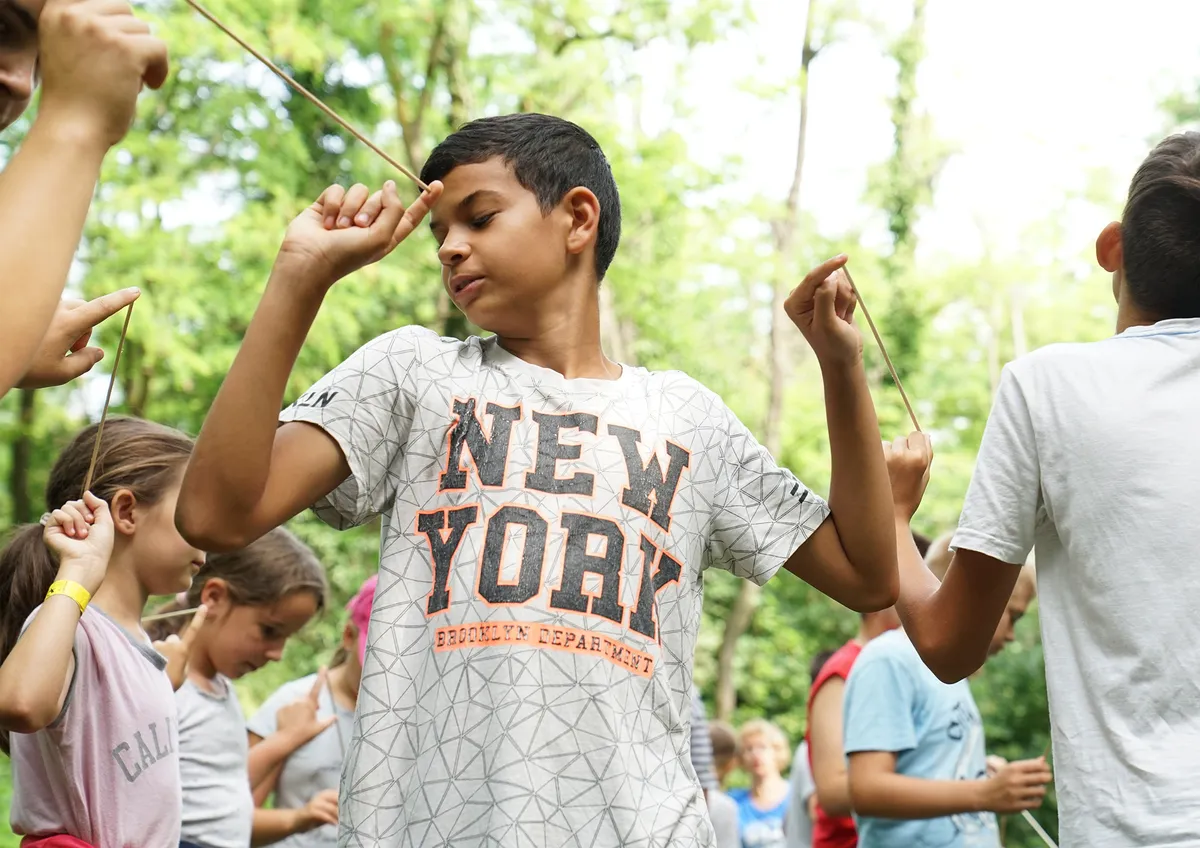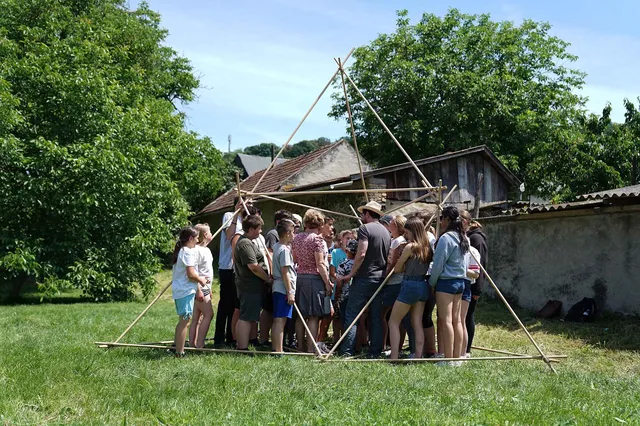
1/10

2/10

3/10

4/10

5/10

6/10

7/10

8/10

9/10

10/10
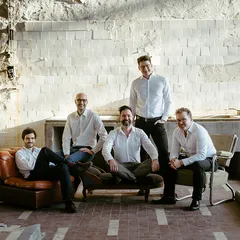
Author(s) / Team representatives
CAN Architects - András Cseh DLA, József Élő, Szilárd Köninger, Dávid Németh, Ádám Tátrai
Profession
architect
Collective/office
CAN Architects
Co-authors/team members
Fanni Beiermeiszter-Nagy, Tamás Beiermeiszter, Márton Horváth, Barbara Pati, Anna Zorica Timár
External collaborators
Amália Bognár, Álmos Levente Szőcs - educators Andrea Dúll - environmental psychologist
Project location
Balaton Uplands, Hungary
Budget in euros
125 000 euro
Area
22 ha
Project start date
January 2022
Project completion date
December 2023
Client
15 schools in the region
Builder
CAN Architects, Bio-Ház Team Kft.
Website
Photo credits
CAN Architects, Attila Gulyás
